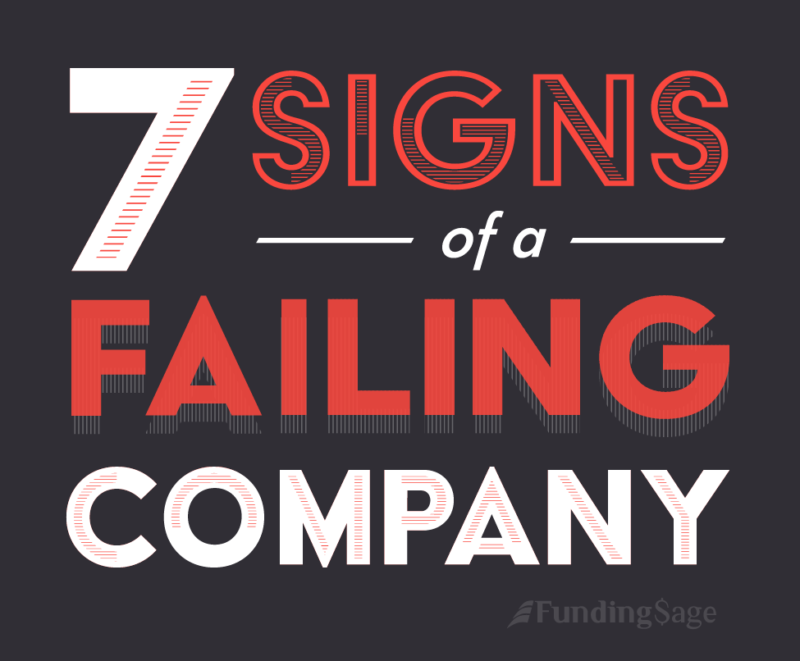
A fair number of really smart, well-prepared entrepreneurs get tripped up, stumble around and eventually fall to the ground when they make their startup funding pitches to the Angel Investment Group that I am a part of.
The Angel Roundtable was founded in 2012 by a group of successful “serial entrepreneurs”, seasoned executives and professionals who invest in early stage companies. These successful investors are confident and don’t give a lot of slack when it comes to their time.
They have no problem interrupting presenters, asking tough questions, challenging answers and offering critiques – all before the planned question and answer time arrives.
At times, my heart goes out to the startup founders standing in our presence as I am sure they would have dazzled us if we had only let them go through their intelligently designed pitch. However, it’s better that they learn these lessons early because the to success is rarely exactly as we envisioned in the moments following our great, new idea. In fact, the ability to keep the vision out front while constantly adjusting your strategy is absolutely key to scalable success.
I recently read an article that speaks clearly to the point at hand – 8 Lessons From Poker That Will Make You a Better Entrepreneur. In this article, professional poker player and successful startup entrepreneur, David Daneshgar, shares how some of his poker skills became great assets in acquiring funding for his first startup. A few of those lessons include:
Leave your emotions at the door.
In poker, you need to sit, observe, analyze, and make decisions in seconds. You cannot be emotional and you can’t let the pressure of losing a large sum break you. “If you take longer, people start to understand something is wrong. Whether it’s an employee issue, negotiation with investors, or business decisions, you have to be ice cold and make decisions that could implicate the company,” Daneshgar says. “I have made decisions while playing games where if I was wrong it would’ve cost me $1 million. Now I can calculate things and make decisions, hard ones, without feeling the pressure.”
Read people and look for patterns.
Once you get past calculating the odds, “it’s all about the ability to read people,” he says. “I sit there and watch people–I track their pulse, their breathing, their posture, and look for patterns in their behavior.” After doing an initial read of a competitor, Daneshgar says, you have to take a deeper dive and consider how smart he is and how many steps ahead he’s thinking. “If he’s smart enough, he will know that I know what he knows. It becomes psychological manipulation, a game of game theory. It’s extreme, but it’s situational.”
He says the ability to read people can be used to help you beat a poker player, give a client what they want, or negotiate with an investor. “The ability to understand people on a psychological level is real and it’s what makes the best poker players and businesspeople. They call it ‘gut’ in business, but it’s about seeing clues and patterns and coming out with it quickly.”
Don’t think you can follow a script.
While studying at Berkeley, Daneshgar taught a class on the probability and statistics of gaming. His students would ask him specific questions about poker hands such as, “I had two queens. What should I have done?” He says those are the wrong types of questions to ask. Instead, you need to ask, “How many chips did you have? How aggressive was the player? How did the other players perceive you?”
Business is the same way. “There’s no script in business, just like there’s no script to follow during a poker game,” he says. “Poker and business are both situational–you need to tailor everything you do and say to each individual person or client. You listen to what they say, hear them out, make quick decisions, and adjust.”









